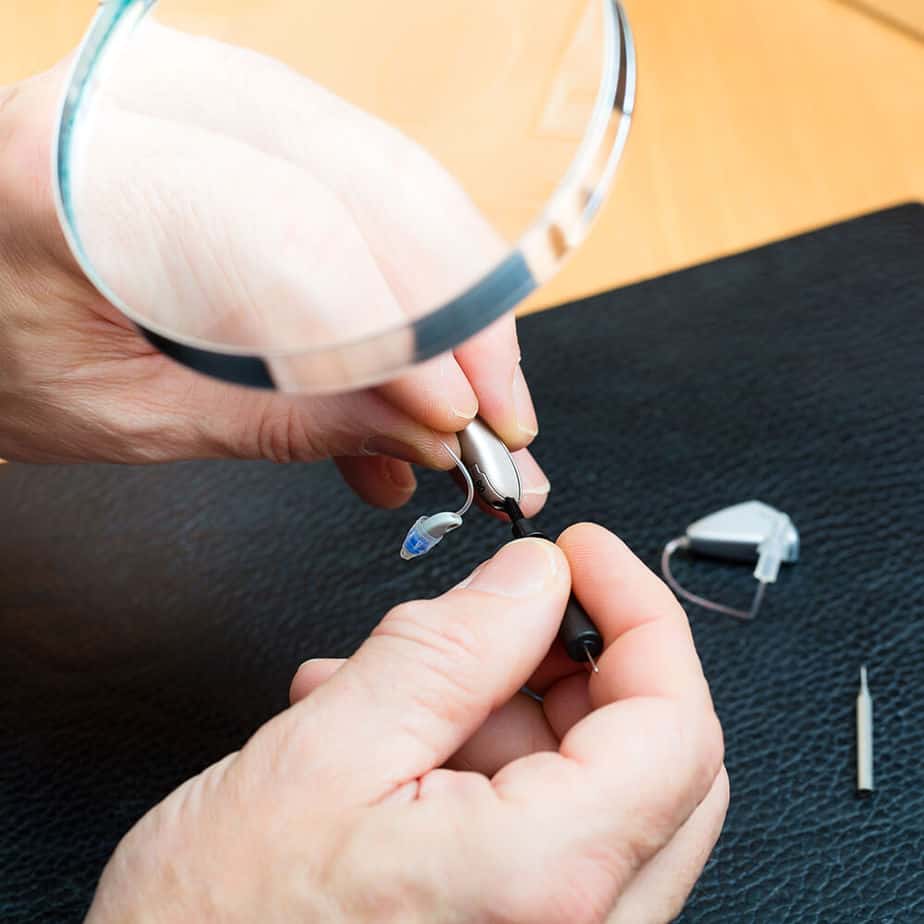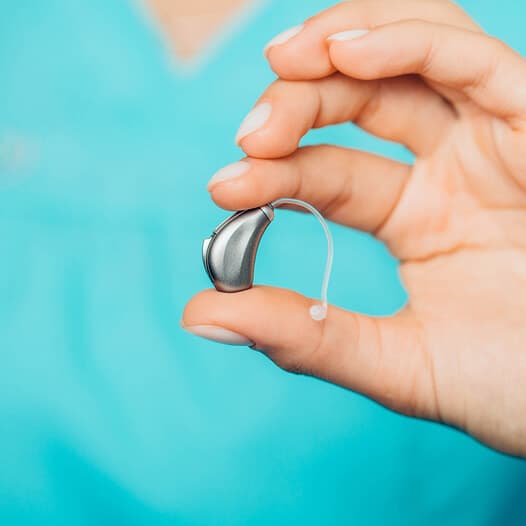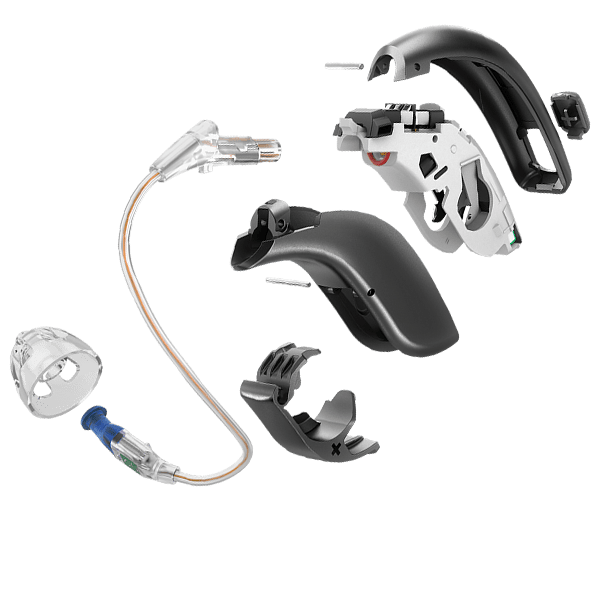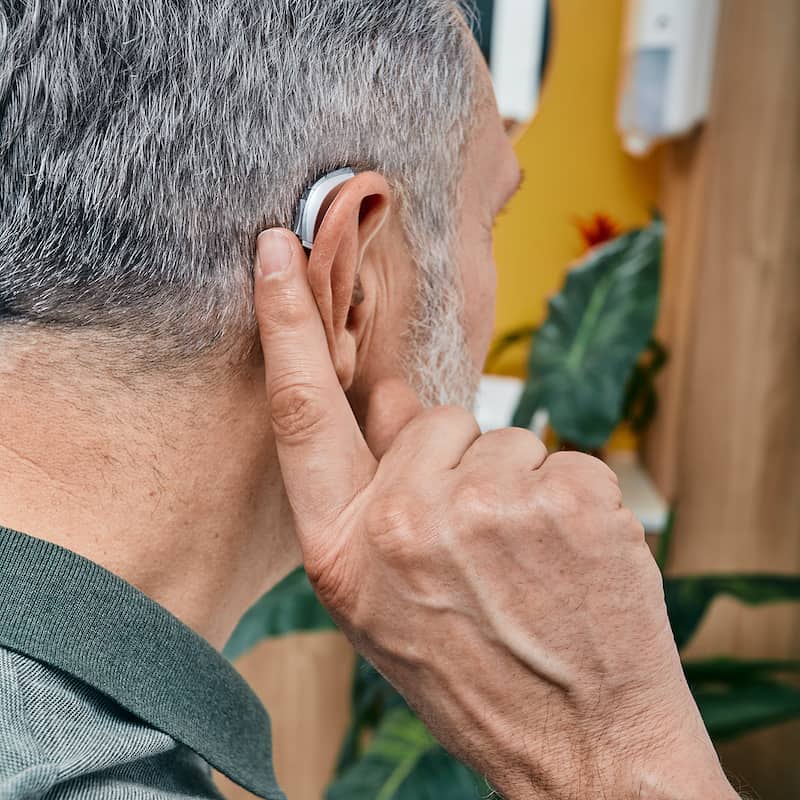Hearing Aid Repair
Especially with rechargeability and Bluetooth becoming more common, many hearing aids no longer require battery compartments or surface-mounted controls, allowing manufacturers to improve resistance to water and debris.
Still, hearing aids spend the entirety of their useful lifespan in and around our ears. The environment here is not ideal for electronics, especially miniaturized electronics, with tiny computers! Accordingly, the lifespan of a set of hearing aids is hard to predict, though they tend to average 3–7 years. The life expectancy of any set of hearing aids is dependent on the climate where they are worn, the way they are used, regular maintenance practices, and the individual body chemistry of the wearer.
Most hearing aid repairs can be done in-house in a day or less. Some more serious issues may require the device to be sent back to the manufacturer. This process can take longer—up to 2 weeks in some cases.
If hearing aids are in warranty, then repair is almost always recommended. If they are out of warranty, it may be worth considering replacement, depending on the nature of the repair and the state of the art. We can help advise you on this issue, though the decision is ultimately yours to make.


Inspect Your Hearing Aids Before Seeking Repair
Before bringing in your hearing aids, it may be worthwhile to check for a few common issues that can cause trouble. Especially for new wearers, getting used to the way your hearing aids work can take a little while. If you still have issues after checking the below, we always love to see our patients and welcome newcomers!

Tips For Avoiding Repairs
Much like any item worn daily, repair is a natural part of using hearing aids. However, you can minimize the need for repair by following a few regular maintenance tips.
When To Bring Your Hearing Aids For Repair
Even the best-maintained hearing aids will likely require a repair at some point. Keep an eye out for problems and seek repair as soon as your hearing aids start acting up. If they seem to be acting funny but you wait until they stop working entirely, the repair will likely be more involved. This could mean more time without your hearing aids, and a more expensive repair! Get a hearing aid repair if:

